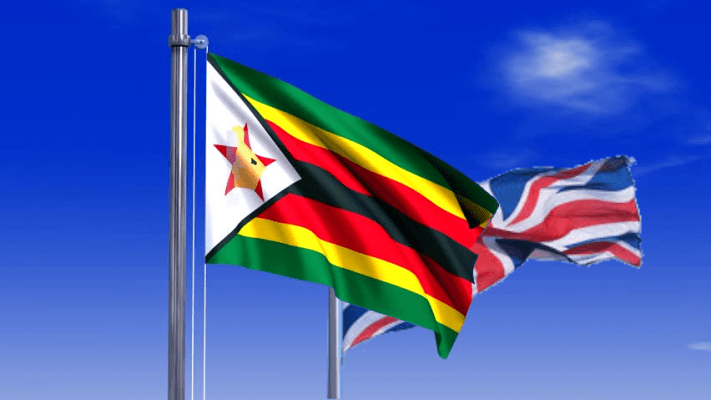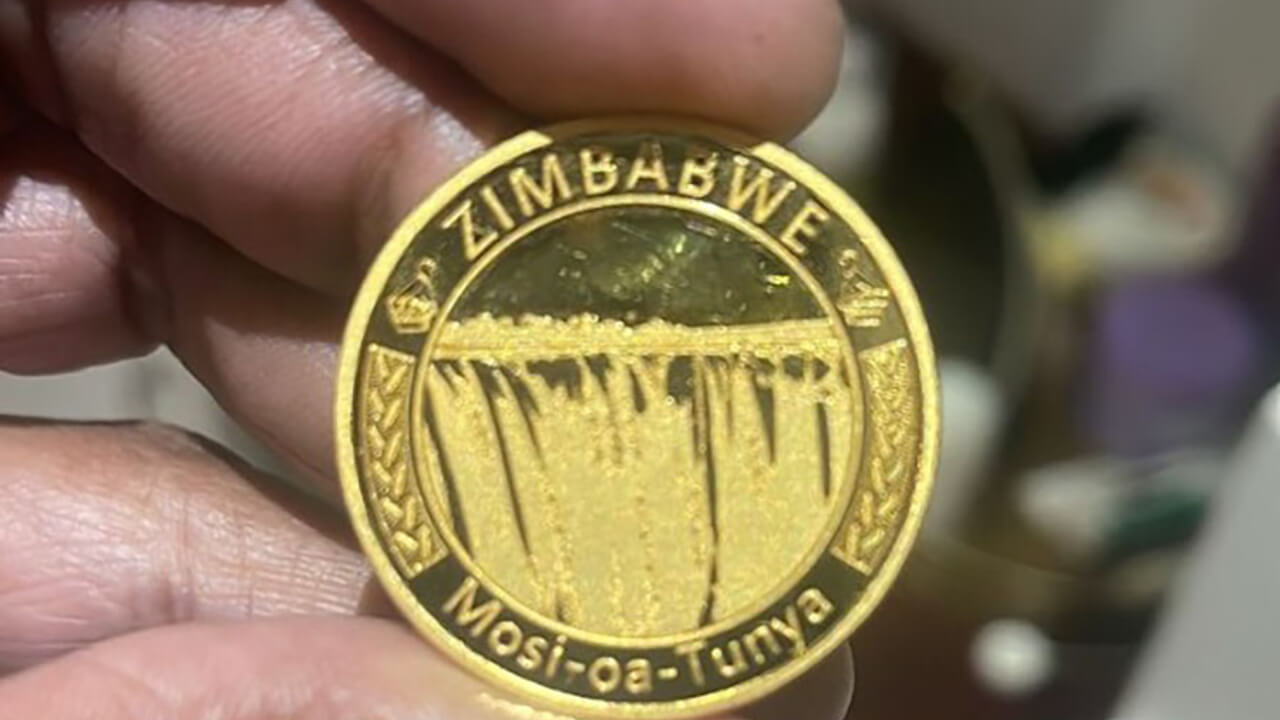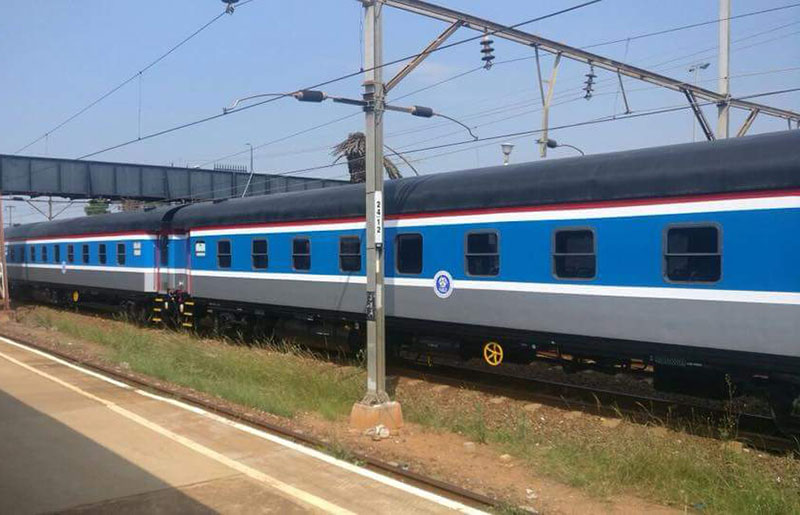NRZ targets US$1m from leased properties
THE financially hamstrung National Railways of Zimbabwe (NRZ), is targeting to generate at least US$1 million annually from leasing out some of its properties across the country as part of an initiative to widen its revenue base.
At present, the parastatal whose core business is transport and logistics, is leasing out its commercial properties that it is not utilising to the private investors and entrepreneurs as an internal revenue generation strategy.
NRZ is presently generating about US$750 000 annually from leasing out properties.
The parastatal is also pursuing deals to refurbish locomotives and wagons to enable it improve its freight volumes that currently stands at around 2.5 million against a peak of 18 million in the 1990s.
In an interview at the recently held Zimbabwe Agriculture Show in Harare, NRZ public affairs and stakeholder relations manager, Andrew Kunambura, dispelled reports that the entity is selling some of its land across the country.
“Firstly, I would like to dispel rumours that NRZ is selling land, NRZ does not sell any of its land anywhere in the country or beyond. In the past there have been rumours that NRZ is parcelling out residential and commercial stands for sell . . . there is nothing like that.
“We have land which is under the real estate portfolio of NRZ which is for leasing to tenants.
“If people come across anyone claiming to be selling land on our behalf that’s a criminal, they must report that person to the police or our loss control officers for arrest.
“We don’t sell land but we subdivide the land commercially to our tenants who will sign five-year leases renewable upon conditions set out in the lease agreement being met.
“The real estate of the NRZ is valued at around US$3,2 billion and we intend to generate at least US$1 million annually from leasing out the properties so that we are able to meet some of our operational cost, at the moment we are collecting about 75 percent of our target,” he said.
NRZ, which has a legacy debt estimated at US$23 million, has implored the Government to take over the debt that the parastatal believes is an albatross to the firm’s recapitalisation efforts as this is driving away potential investors.
The railways entity requires US$1,9 billion in the long-term to fully recapitalise operations.
In June this year, the Government and India signed a US$81,2 million deal for the procurement of 315 wagons and nine locomotives to capacitate NRZ.
The rolling stock would be supplied by Rail India Technical and Economic Service (RITES), a company owned 100 percent by the Indian Government and has of late, supplied locomotives and wagons to CFM of Mozambique.
Turning to the US$81,2 million deal with RITES, Kunambura said NRZ now awaits AfreximBank, which is advancing the loan to the parastatal to make payment before the country receives the first batch of rolling stock.
The payment to RITES would be made in tranches and delivery of the equipment from India is expected soon once the first payment is made.
“We are looking for brand new locomotives and wagons as you would know, recently we signed a deal with the RITES of India facilitated by the Government for the procurement of nine diesel locomotives from India and 300 wagons from the same entity.
“We anticipate that the turnover period should be six months from the period when the first instalment of the loan is made to them (RITES).
“The first payment of the instalment hasn’t been paid yet, it’s coming from AfreximBank and I am sure they are concluding their own modalities . . . and the first instalment must be paid very soon,” he said.
Kunambura said NRZ’s recapitalisation is multi-pronged — looking at using internally-generated funds where the parastatal intends to generate enough revenue to support its operations.
The transport and logistics firm has adopted the Public-Private Partnerships (PPPs) initiative as part of a broader scope to recapitalise operations.
“Not so long ago, we have several PPPs arrangements particularly with importers and exporters of bulky commodities where we are looking at mines and minerals like Zimasco who mine and process chrome into ferrochrome.
“We move their ore from pit to the smelting plant in Kwekwe and then we move their ferro-chrome from Kwekwe to the port (Mozambique).
“So the PPPs arrangement whereby they refurbish our wagons and locomotives and in return we offset that for payment.
NRZ also has PPPs arrangement with companies in fuel and Liquefied Petroleum Gas (LPG) where the private firms refurbish NRZ tankers for the railways firm to transport the fuel and gas into the country.
“Again we offset that against the freight that we move,” he said.
enisinesweekly











